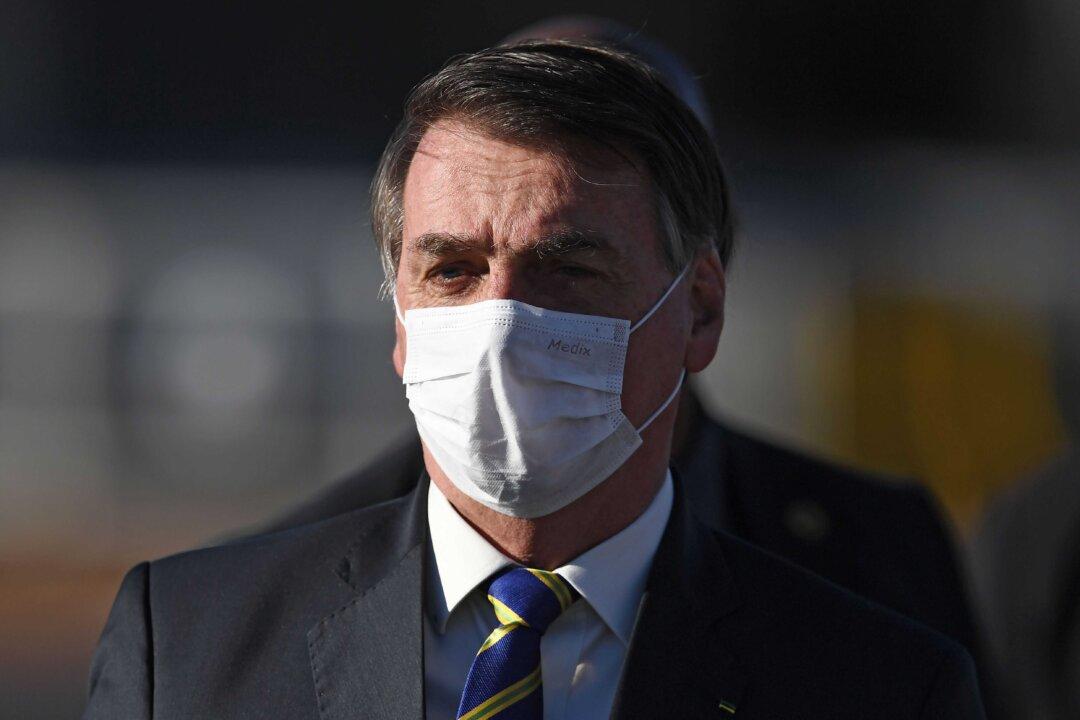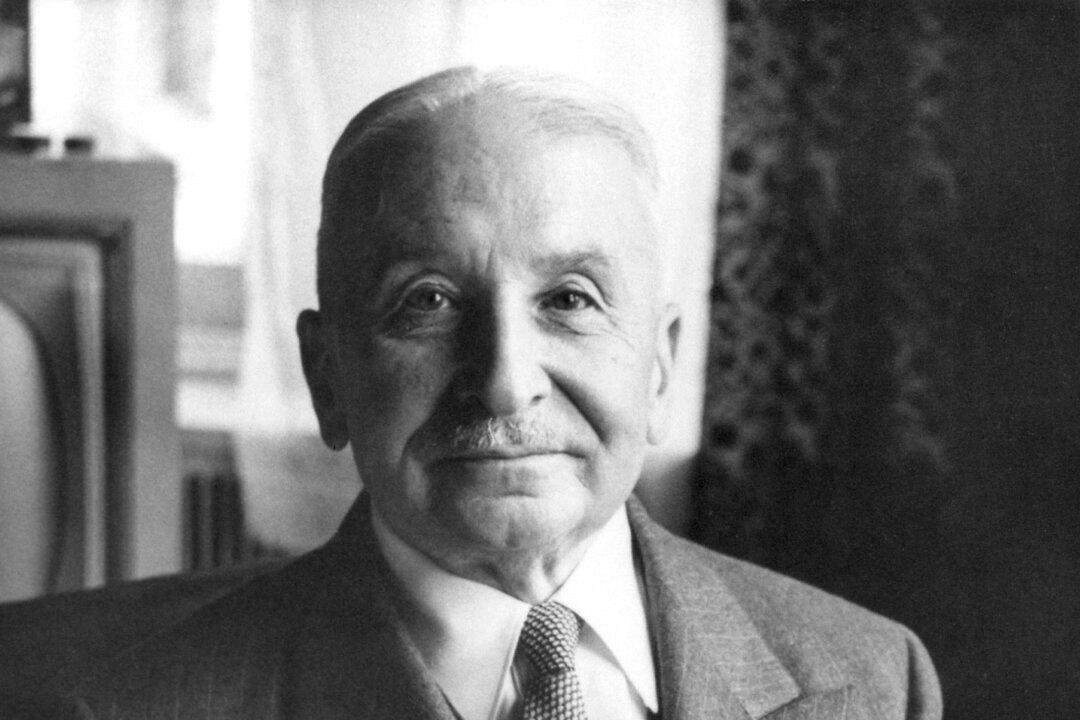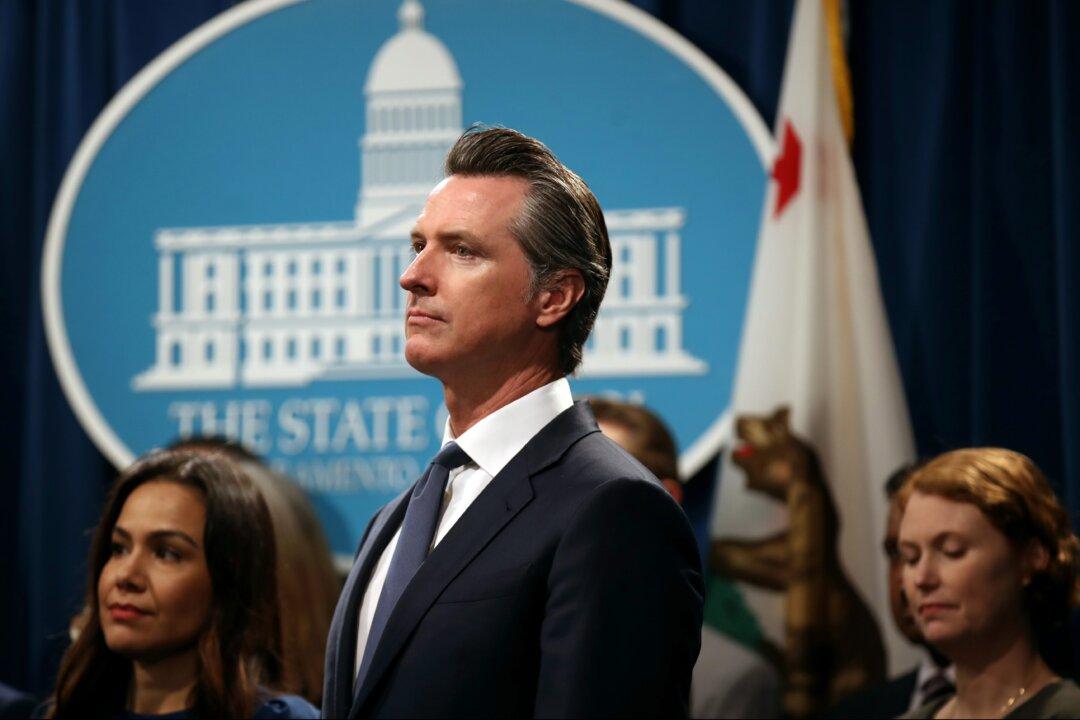Commentary
When reports regarding COVID-19 illnesses began to surface, media outlets initially downplayed the risks. But they soon followed the World Health Organization’s (WHO) claims that the virus was more serious than the seasonal flu and that a high volume of cases could prove burdensome to healthcare systems, and governments around the globe scrambled to keep the virus from spreading rapidly.




